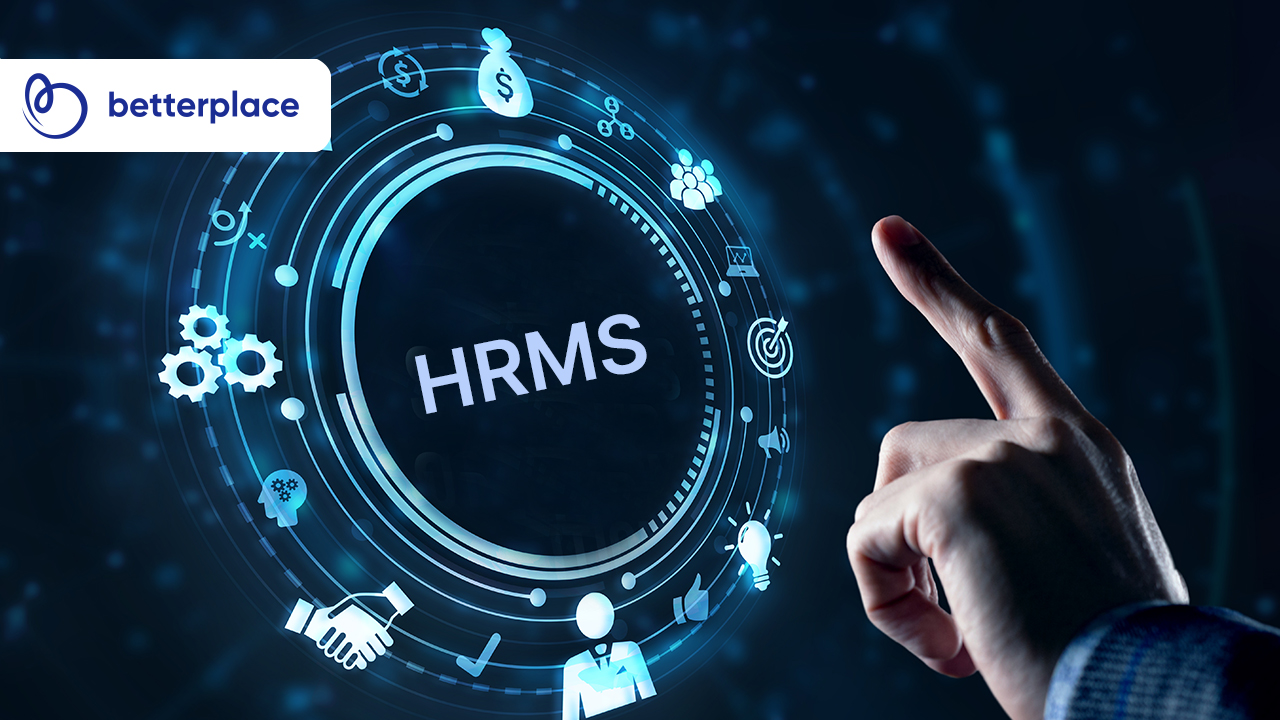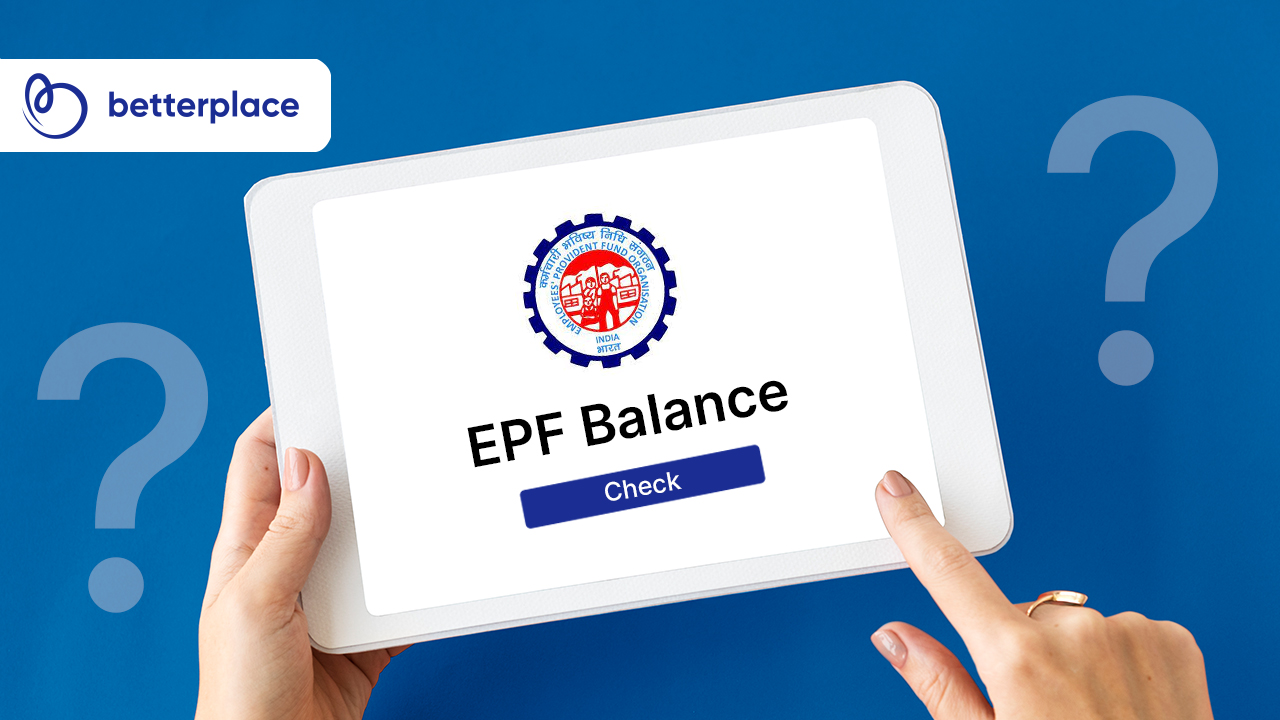Table of Contents:
- What is House Rent Allowance or HRA?
- Eligibility rules to claim deductions in HRA
- How to calculate HRA exemption?
- Tax savings under Section 80G when there is no HRA
- HRA Tax Benefits
HRA or House Rent Allowance is a part of the remuneration package of salaried employees. For an individual living in rental accommodation, HRA can help save taxes. If you are wondering about how to do HRA calculation or what is the HRA calculation formula, read further to know more.
What is House Rent Allowance or HRA?
HRA is a key component of the salary and is taxable under the Income Tax Act. As per the salary income structure laid down by the Government of India, the employer should provide HRA, apart from basic salary and dearness allowance, to suffice the rented housing or accommodation expenses of the employee. The HRA amount also reflects in the salary slip.
HRA helps an individual manage their rented housing expenses and also helps them save on their tax outgo.
Eligibility rules to claim deductions in HRA
As per Section 10(13A) of the Income Tax Act, an individual can claim for deductions in taxes on HRA if they fulfil the eligibility conditions mentioned below:
- The individual must be salaried.
- The HRA must be a part of the salary component.
- The individual must live in rented accommodation.
- The individual must pay the home rent. This means that the rental receipt must be produced in the name of the individual.
How to calculate HRA exemption?
You can claim the lowest amount from the below mentioned HRA calculations for deductions in taxes on HRA:
- Actual rent payment minus 10% of basic salary income, or
- Exact HRA provided by an employer, or
- 50% of the salary, if the residential accommodation is located in Delhi, Chennai, Mumbai, Kolkata; 40% if the residential accommodation is located elsewhere in India
These are the HRA calculation formulas for income tax.

Note: Salary is defined as the sum total of basic salary, the dearness allowance and additional commissions, if any, which applies for HRA calculation purposes.
Let us understand the HRA calculations with an example:
Mr Z is a salaried professional employee, staying in Delhi in rented accommodation. His monthly rent amounts to ₹13,000, and his monthly HRA allowance is ₹16,000. So, let us check out how much deductions in taxes can Mr Z claim on his HRA allowance.
Assuming the salary income structure of Mr Z is as follows:
| Basic | ₹24,000 |
| HRA | ₹16,000 |
| Conveyance | ₹4000 |
| Medical Allowance | ₹2250 |
| Special Allowance | ₹3300 |
| Total | ₹49,550 |
As per the HRA calculation rules, the amount Mr Z can claim for deductions will then be the lowest of the given values:
Actual rent payment – 10% of basic salary = ₹13,000 – 10% of ₹24,000 = ₹10,600; or
Exact HRA provided by an employer = ₹15,000; or
50% of basic salary = 50% of ₹24,000 = ₹12,000
The lowest of the three is ‘actual rent payment minus 10% of basic salary’. Thus, Mr Z is eligible to receive an exemption in HRA of ₹10,600 on the total taxable earnings or income.
Note: One can use the HRA calculator of the Income Tax Department to calculate the deductions that can be claimed under Section 10(13A) of the Income Tax Act.
Important tips to consider
- If an individual pays annual rentals of greater than ₹1 lakh, the PAN number of the landlord is needed for claim exemptions in HRA. If the owner or landlord doesn’t possess the PAN, then they must produce a duly signed declaration. However, if you cannot produce either of these, the individual will not be able to claim deductions in taxes of HRA.
- The HRA differs based on the region of the country. If an individual is living in any of the metro cities, like Delhi, Mumbai, Kolkata or Chennai, they can claim tax deductions of up to 50% of the HRA. And if the individual lives in other regions of the country, they can claim tax deductions up to 40% of the HRA.
- HRA is provided to fulfil the rental accommodation expenses, and hence, the individual cannot claim this allowance if they are living in their self-owned residence.
- If the individual is staying with parents and produces rental receipts in their parent’s name, they can claim an exemption in HRA. However, the parents are required to show the rental income while filing their income tax returns.
- The individual is not allowed to give rent to their spouse, and then claim deductions in HRA.
Tax savings under Section 80G when there is no HRA
If the individual is staying in rental accommodation but doesn’t receive an HRA, or if the individual is self-employed and stays in rented accommodation, they can claim deductions in taxes on their rental outgo under Section 80G on the Income Tax Act.
The lowest amount from the options given below can be claimed for deductions under Section 80G:
- Actual rent payment – 10% of total income; or
- ₹5000 every month or ₹60,000 every year; or
- 25% of the gross total earnings
HRA Tax Benefits
As per the House Rent Allowance Calculation, tax benefits can be claimed on the lowest values from the options given below:
- The actual rent payment minus 10% of basic salary; or
- The entire HRA allowance granted by an employer; or
- 50% of basic salary if you are located in any of the four metro cities, 40% if you are staying anywhere else in India
With these simple steps, you can calculate exemption on your HRA and the tax benefits that you can receive on your monthly rental outgoing.
Frequently asked questions
1) How is HRA tax exempt?
Subject to some conditions, a fixed portion of HRA is tax exempt under the Income Tax Act 1961. It is regulated by the Section 10 (13A) of the Income Tax Act, 1961.
2) Can I avail tax exemption for HRA if I own a house?
No, tax exemption for HRA can be claimed only if the employee is renting a place for residence. Although exceptions are available for people who own a house in a different place than work and are renting a home for convenience.
3) Can I avail HRA tax exemptions if I’m living with my parents?
In such a case, the taxpayer should pay the rent to the parent (house owner). The transactions should be genuine and it should be reflected in the income statement of the receiver.
4) Can I claim exemption from HRA as well as home loan?
HRA has no applicability towards your home loan interest deduction. Both come under specific sections of the Income Tax Act. The home loan interest tax deduction and HRA exemption can be claimed simultaneously given that the taxpayer is staying in a rented residence.
5) How to claim Section 80GG deduction?
If the HRA is not part of the taxpayer’s salary, he/she can claim tax exemption for rent paid for furnished or unfurnished accommodation under the section 80GG of the Income Tax Act. To claim tax benefit under Section 80GG, taxpayers should file Form 10BA with information on payment of rent.
6) Should I submit my rent receipts to my employer?
HRA can be claimed directly on your income tax returns. On the off chance that you neglected to submit rent receipts to your organization HR at the hour of verification, you can guarantee HRA later on when you file your IT Return. To ensure this, alter your taxable income to incorporate HRA and compute tax is payable on the brought down taxable income. You will at that point have the option to secure a refund if tax has been deducted earlier. It is advisable to make sure you submit the rent receipts to the employer to avoid such mess.
7) How is HRA related to basic pay?
HRA is chosen depending on the pay. Notwithstanding, some different components additionally influence HRA, for example, the city where the representative lives. If the individual lives in a metro city he/she is qualified for a HRA equivalent to half of the compensation. For urban areas other than a metro, the privilege is 40% of the pay.
To compute the HRA, the pay is characterized as the aggregate of the basic pay, dearness allowance and. If an employee doesn’t get a commission or a dearness stipend, the HRA will be around 40% – half of his/her essential pay.
- The genuine HRA offered, without a doubt, will be the least of the listed three scenarios:
- The genuine rent that is paid ought to be under 10% of the essential compensation.
- On the off chance that you’re remaining in a metro, half of the basic pay and 40% on the off chance that you live in a non-metro city.
- Actual HRA received
8) What is the benefit of claiming HRA?
The biggest benefit of house rent allowance is that it can be used as a medium to reduce the taxable income of the taxpayer, therefore leads to a considerable deduction in the actual tax amount the taxpayer needs to pay.
9) Can a self employed tax payer claim HRA?
No, a self-employed individual cannot claim HRA exemption under the Income Tax Act, 1961. A salaried individual having an HRA component in their salary structure can claim HRA exemption under Section 10 (13A) of the Income Tax Act.
10) What is the tax liability if the complete HRA of a taxpayer is not tax-exempt?
HRA has certain limitations when it comes to tax liability. The non-exempt balance of house rent allowance is payable to the employee after removing tax at the suitable slab rates.








